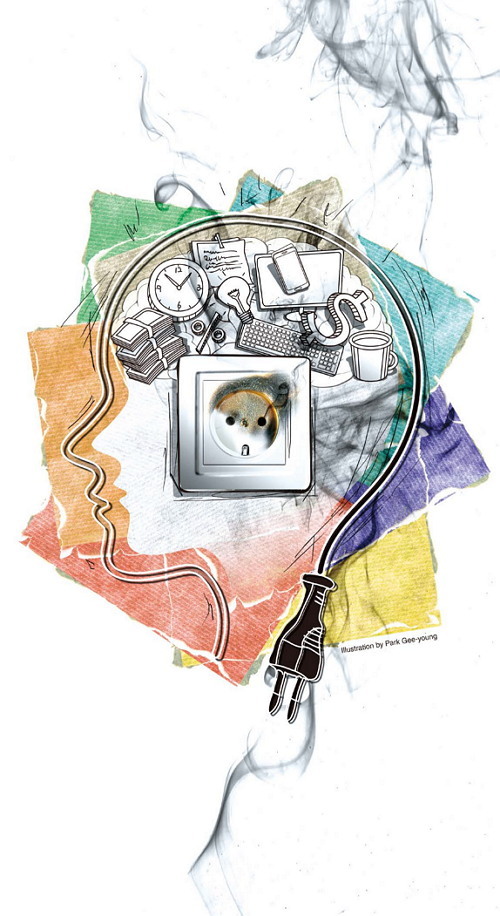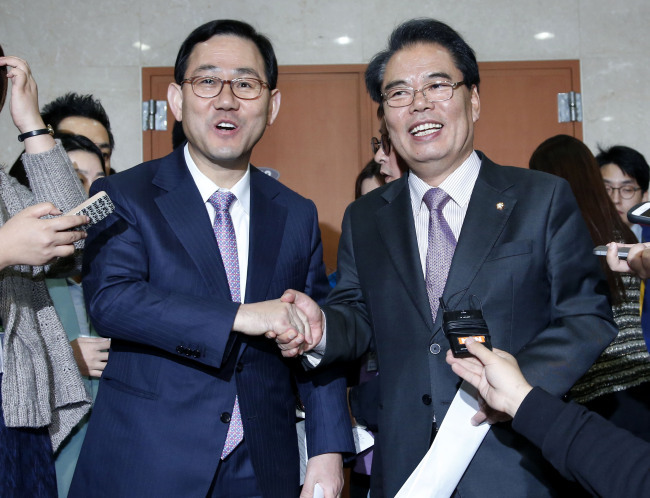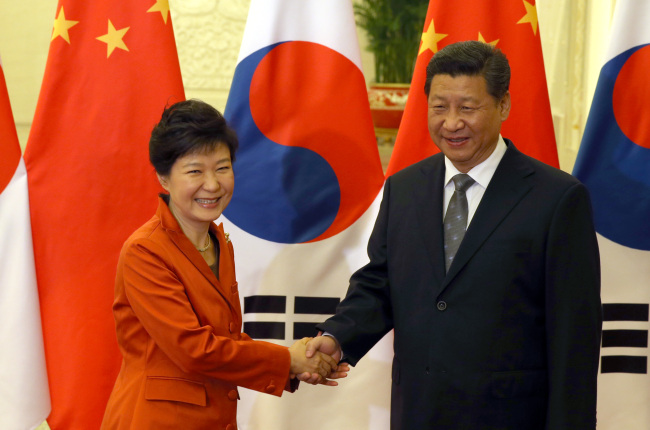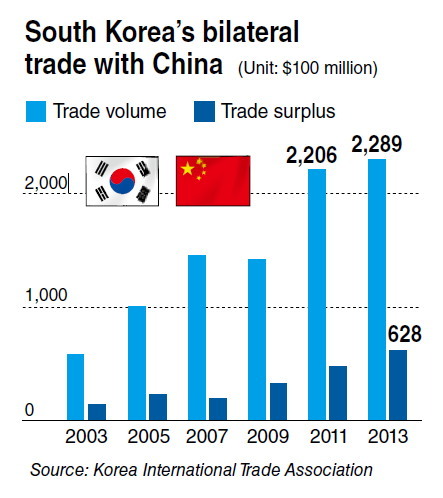SHANGHAI (AFP) ― He may now be China’s richest man but Jack Ma, the founder of e-commerce giant Alibaba, has admitted in a U.S. television interview that being so wealthy is actually causing him “great pain.”
Ma has seen his fortune balloon to $19.5 billion after Alibaba’s record-breaking $25 billion initial public offering on the New York Stock Exchange in September, according to data compiled by Forbes magazine.
On Tuesday, the company chalked up a new record ― $9.3 billion of sales conducted through its platforms during Singles Day, its 24-hour shopping promotion and the world’s biggest online retail event.
But a successful stock listing and vast fortunes have caused him stress, Ma said in an interview with U.S. business news channel CNBC.
“This month I’m not very happy ― I think too much pressure,” Ma told the broadcaster.
“Maybe the stock goes so up, maybe people have high expectations on you, maybe I think too much about the future and have too many things to worry about,” he said.
Alibaba’s share price has been on a steady uptrend since it debuted in New York two months ago. It closed at $114.54 on Tuesday, representing a nearly 70 percent gain from its offer price of $68.
Ma said that people often tell him that being rich “is good” but admitted he found being the wealthiest man in China difficult.
“Yeah, it is good, but not the richest man in China. It’s a great pain because when you’re (the) richest person in the world, everybody (is) surrounding you for money,” Ma told CNBC.
He added that people now looked at him differently when he walked down the street and added: “spending money is much more difficult than making money.”
His remarks echoed what he told state media in early October when he said being named China’s richest man is “meaningless.”
“My happiest days were when I used to earn 90 yuan ($15) a month,” Ma once told state media.
He is looking at the possibility to establish a foundation to spend money “in a business way” and may even compete with U.S. billionaire Bill Gates in the field of philanthropy, according to CNBC.
Ma was ranked as China’s most generous person after he donated a 1.4 percent stake in his firm to set up a charity focused on the environment, health care and education, according to a survey by wealth publisher Hurun in late October.
Ma has seen his fortune balloon to $19.5 billion after Alibaba’s record-breaking $25 billion initial public offering on the New York Stock Exchange in September, according to data compiled by Forbes magazine.
On Tuesday, the company chalked up a new record ― $9.3 billion of sales conducted through its platforms during Singles Day, its 24-hour shopping promotion and the world’s biggest online retail event.
But a successful stock listing and vast fortunes have caused him stress, Ma said in an interview with U.S. business news channel CNBC.
 |
| Alibaba’s founder Jack Ma. (Yonhap) |
“This month I’m not very happy ― I think too much pressure,” Ma told the broadcaster.
“Maybe the stock goes so up, maybe people have high expectations on you, maybe I think too much about the future and have too many things to worry about,” he said.
Alibaba’s share price has been on a steady uptrend since it debuted in New York two months ago. It closed at $114.54 on Tuesday, representing a nearly 70 percent gain from its offer price of $68.
Ma said that people often tell him that being rich “is good” but admitted he found being the wealthiest man in China difficult.
“Yeah, it is good, but not the richest man in China. It’s a great pain because when you’re (the) richest person in the world, everybody (is) surrounding you for money,” Ma told CNBC.
He added that people now looked at him differently when he walked down the street and added: “spending money is much more difficult than making money.”
His remarks echoed what he told state media in early October when he said being named China’s richest man is “meaningless.”
“My happiest days were when I used to earn 90 yuan ($15) a month,” Ma once told state media.
He is looking at the possibility to establish a foundation to spend money “in a business way” and may even compete with U.S. billionaire Bill Gates in the field of philanthropy, according to CNBC.
Ma was ranked as China’s most generous person after he donated a 1.4 percent stake in his firm to set up a charity focused on the environment, health care and education, according to a survey by wealth publisher Hurun in late October.







